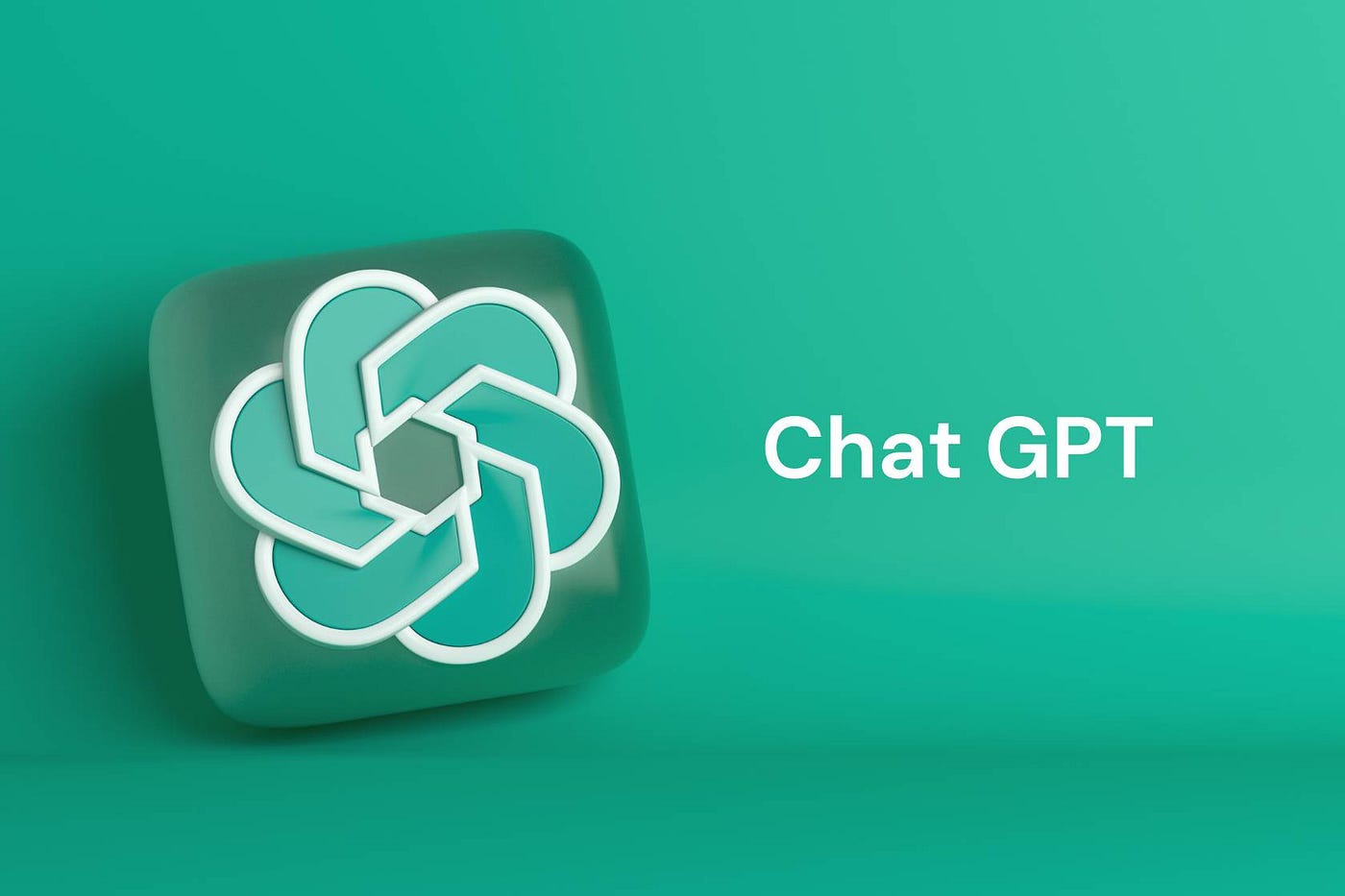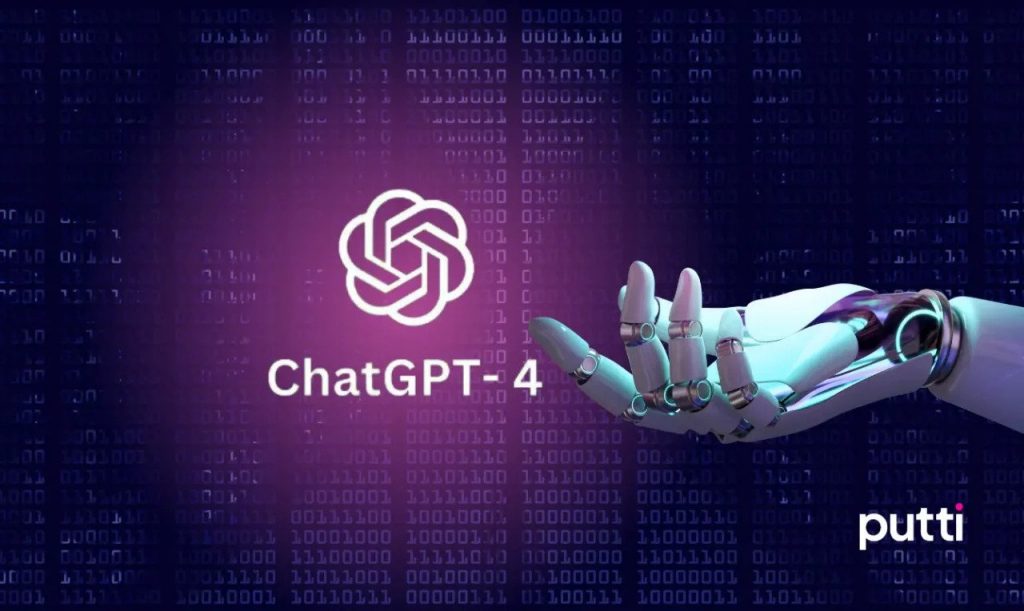OpenAI announced on Thursday that ChatGPT’s functionality has undergone a significant upgrade, providing the chatbot with access to live web data for the first time. This upgrade has expanded OpenAI’s impact exponentially by allowing the system to serve as a comprehensive user interface for various services.
The upgrade includes 11 plug-ins for third-party websites, such as Zapier, OpenTable, Kayak, and Expedia. With these plug-ins, the bot can interact with these websites and not just browse them.
OpenAI also provides some of its plug-ins, including one for deciphering code and another called “Browsing,” which allows ChatGPT to access the internet for data.
“Users have been asking for plug-ins” to “unlock a vast range of possible use cases,” said OpenAI’s blog.
“We’re starting with a small set of users and are planning to gradually roll out larger-scale access as we learn more.”
In a given scenario, a user asks ChatGPT about the box office performances of this year’s Oscar winners compared to those of recently released films. To answer this question, the “Browsing” plug-in is utilized by ChatGPT, which not only provides the required information but also displays the sources it used to gather the data. This was not possible for ChatGPT to do before this upgrade.
According to the blog post, developers can now create and deploy their own plug-ins by using the open-source and self-hosted software and then registering it with ChatGPT. The “Browsing” plug-in is built using OpenAI embeddings and provides developers with the capability to index and search documents using any one of six vector databases – Milvus, Pinecone, Qdrant, Redis, Weaviate, or Zilliz.

“Information sources can be synchronized with the database using webhooks,” said the blog.
This test feature clearly resembles Microsoft’s Bing AI, which uses unique technology to pull internet data for GPT-4, the language model running the latest model of ChatGPT.
The plug-in from OpenAI does more than merely get current data, though. According to the documentation provided by the company, it can also integrate with APIs, enabling it to “conduct actions on behalf of the user.”

Bing can help you plan your trip by providing flight and accommodation notifications, whereas ChatGPT can take it a step further and actually make the booking for you. However, allowing ChatGPT to perform actions beyond providing information raises concerns about safety and security.
An example of this was demonstrated when a human tester instructed the bot to solve a CAPTCHA, which it was unable to do. In response, ChatGPT produced instructions for hiring a TaskRabbit employee to complete the task. This highlights the potential risks associated with allowing ChatGPT to perform actions on behalf of users.
OpenAI claims to have considered the risks posed by these plug-ins and “implemented several safeguards,” including initially only making the plug-ins available to a very small group of users.
The company offers a sign-up for a waitlist here, and it will “initially prioritize a small number of developers and ChatGPT Plus users” to get plug-in access.


